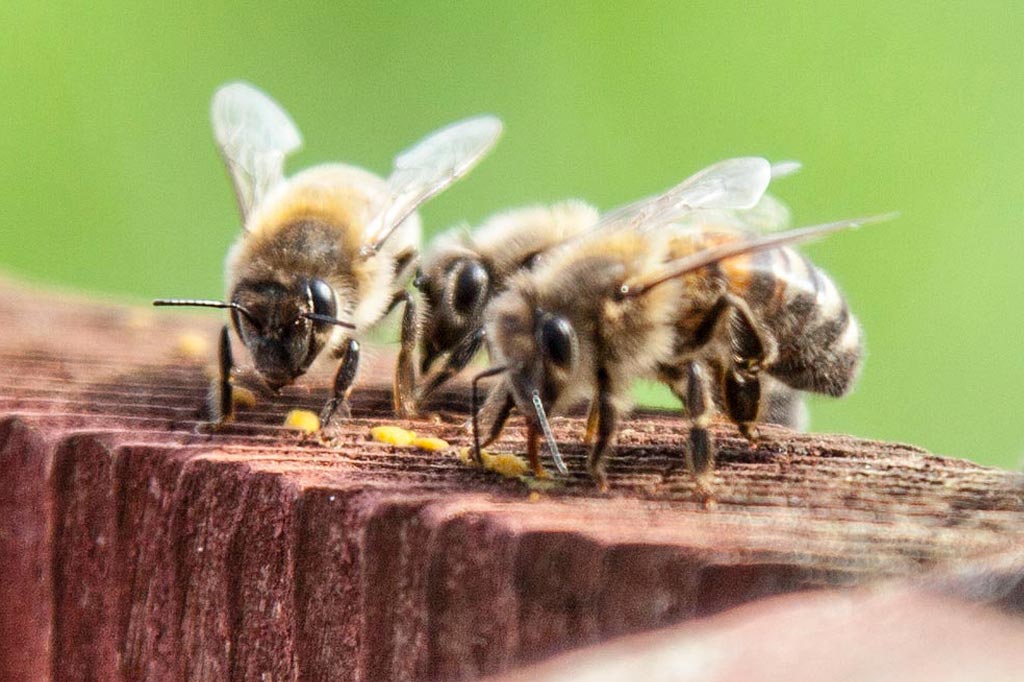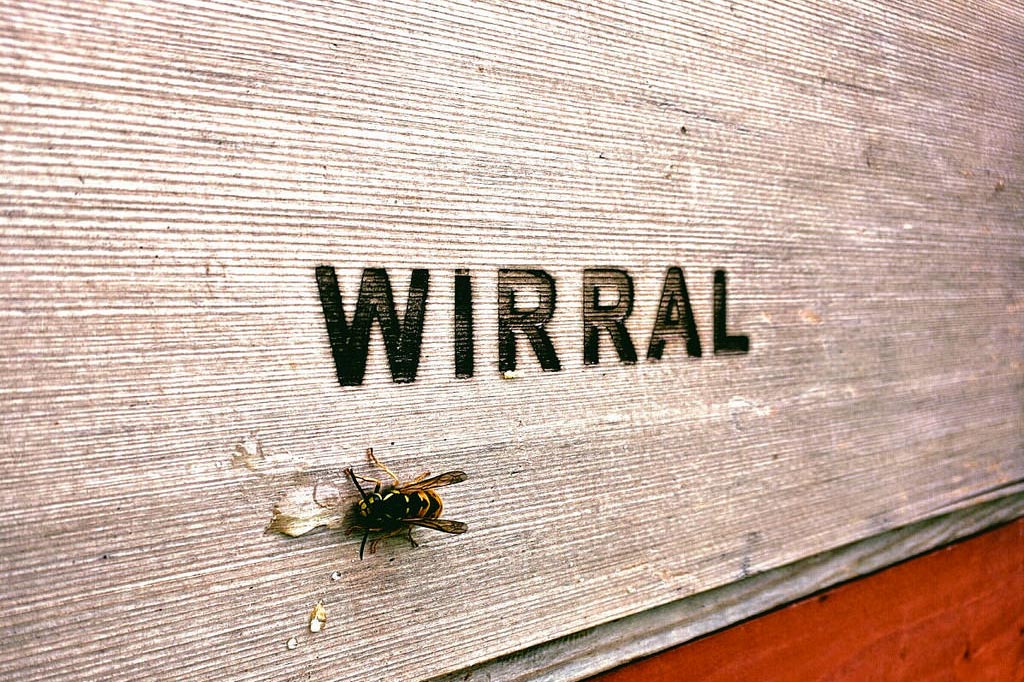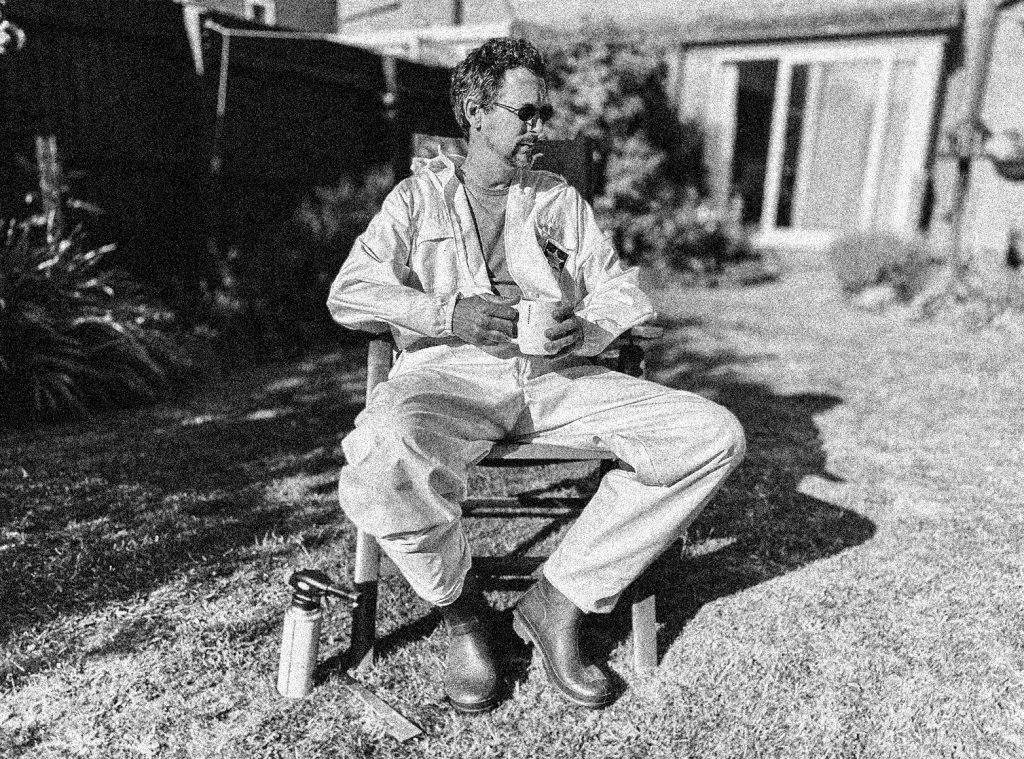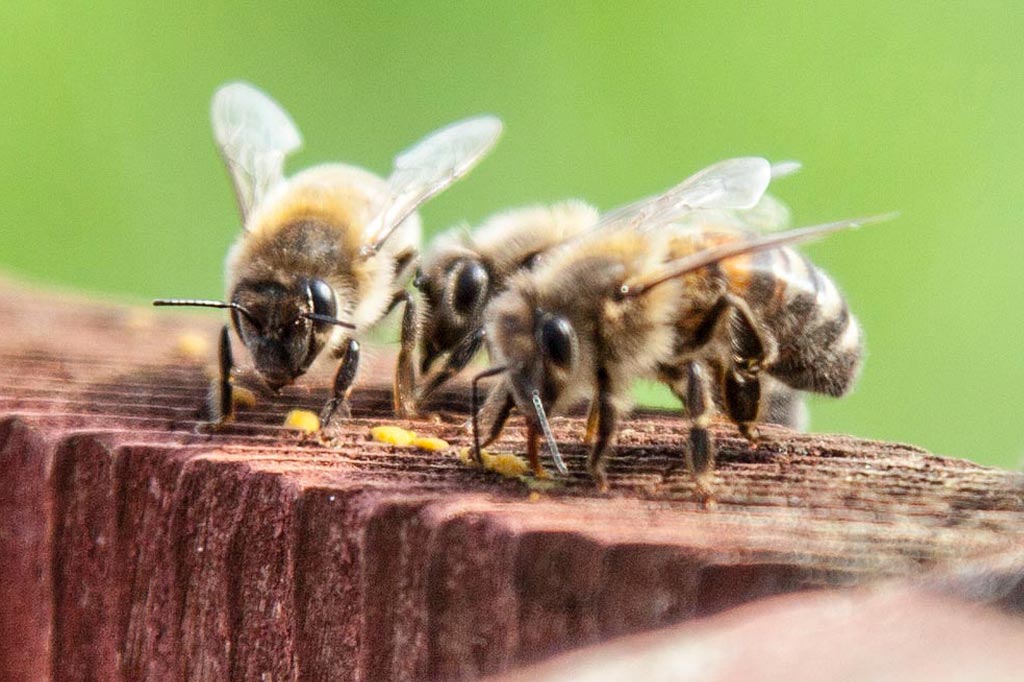Beekeeping
Beekeeping in the UK is a rewarding and fascinating hobby that has been enjoyed for generations. It offers a unique opportunity to connect with nature, learn about the intricacies of hive life and, of course, harvest delicious honey.
One of the most important things to know about bees is their lifespan. The queen bee can live for up to five years, whereas worker bees typically live for just a few weeks during the summer months. However, in the winter, bees can live for up to six months, as they huddle together to generate heat and conserve energy.
There are three main types of honey bee in the UK, each with its own unique characteristics. The native black honey bee is the most well-known, and has been bred in the UK for thousands of years. The Italian honey bee is a popular choice for beekeepers due to its gentle nature and high productivity, while the Carniolan honey bee is known for its hardiness and resistance to disease.
When it comes to beekeeping, there are a few things to keep in mind. Bees require a lot of attention and care, and it’s important to have the right equipment and protective clothing. It’s also important to keep the hive clean and free from pests and disease.
In conclusion, beekeeping is a wonderful hobby that offers a unique opportunity to connect with nature and learn about the intricacies of hive life. Whether you’re a seasoned beekeeper or just starting out, there’s always something new to discover. If you’re interested in improving your website’s performance, consider getting SEO advice from Experience Photography. With their help, you can take your beekeeping business to the next level and reach a wider audience of like-minded individuals.
I’ve been involved in beekeeping now for about five years. I started off having some basic theory training run by the Cheshire BBKA at Dale Farm. It was a small group of people and they covered the basics such as types of hives and the tools involved. It was good fun (though tough going as it was right after work).

I then moved onto practical lessons at Ness Gardens with John and Christine Hebron. These guys were really thorough and the value for money really good – I basically spent Sunday of the summer at Ness taking apart and inspecting hives. Hot, and hard work, but I learnt a lot and realised how much I didn’t know.

It was then time to look at getting some beehives. I followed the advice of John and decided to get three hives (though I only needed one). This is so you’ve got plenty of spares and can quickly expand. We did a deal on some old hives and I got some paint and sorted them out.

After buying a queen I popped her in the hives and the hive expanded. So much so, even after I tried to prevent them from doing so – they swarmed.


